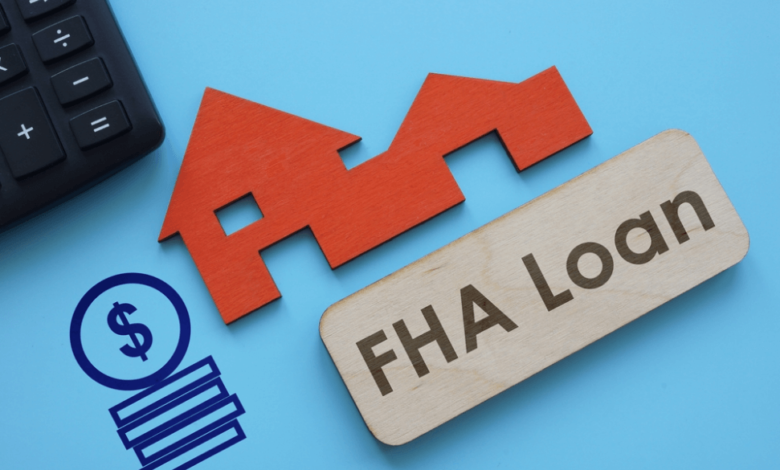FHA Loan What Is It and How Does It Work?

In the realm of real estate and homeownership, FHA loans have gained significant popularity. If you’re on the journey to buying your dream home, you might have come across the term “FHA loan” more than once. But what exactly is an loan, and how does it work? In this comprehensive guide, we’ll break down the intricacies of fha loan what is, from their definition to the application process and benefits.
What Is an FHA Loan?
An loan, short for Federal Housing Administration government. It’s designed to assist homebuyers, especially those with limited financial resources or less-than-ideal credit scores, in achieving their homeownership dreams. FHA-approved lenders and many prospective buyers provide these loans.
The FHA Loan Application Process
1. Eligibility Criteria
Before you dive into the FHA loan application process, it’s essential to determine if you meet the eligibility criteria. These criteria include factors like credit score, income level, and the type of property you wish to purchase. Compared to conventional loans, making them accessible to a broader range of borrowers.
2. Documentation
Like any mortgage application, you’ll need to gather essential documents to prove your financial stability. The FHA lender will review these documents to assess your ability to repay the loan.
3. Down Payment
One of the standout features of loans is the low down payment requirement. Borrowers can often secure an FHA loan This significantly reduces the upfront costs of homeownership.
4. Mortgage Insurance
To protect themselves against potential defaults, FHA lenders a monthly fee added to your mortgage payment, and it’s a vital component of loans. Understanding how MIP works and how it impacts your overall loan cost is important.
Advantages of FHA Loans
1. Low Down Payment
As mentioned earlier, loans offer a low down payment option, making homeownership more accessible, especially for first-time buyers.
2. Lenient Credit Requirements
Borrowers with credit challenges can still qualify for these loans.
3. Competitive Interest Rates
Which can save you money over the life of your mortgage.
4. Assumable Loans
FHA loans are assumable, meaning loan, potentially making your property more attractive to buyers.
Potential Drawbacks of FHA Loan What Is
While loans have many advantages, they also come with some drawbacks:
1. Mortgage Insurance Premiums
The MIP can increase the overall cost of your loan, and it doesn’t go towards building equity in your home.
2. Property Requirements
Loans have specific property requirements, and the home you intend to purchase must meet these standards. Read more…
Conclusion
In summary, fha loan what is are valuable for individuals looking to achieve homeownership, particularly those with limited finances or credit challenges. They offer a path to owning a home with a lower down payment and more forgiving credit requirements. However, it’s essential to consider the associated mortgage insurance premiums and property requirements before making a decision.
If you’re interested in exploring the world of loans and making your homeownership dreams a reality, reach out to an FHA-approved lender to learn more about your options.
FAQs
1. What is the minimum credit score required for an FHA loan?
The minimum credit score required for an loan is typically around 580. However, some lenders may accept lower scores under certain circumstances.
2. Can I use an FHA loan to buy a second home or investment property?
No, loans are primarily intended for owner-occupied homes. They cannot be used to finance second homes or investment properties.
3. How long do I have to pay mortgage insurance premiums on an FHA loan?
The duration of mortgage insurance premiums on an loan varies based on the loan-to-value ratio and the length of the loan. In some cases, it may be required for the life of the loan.
4. Are there income limits for loan eligibility?
Loans do not have strict income limits, but your income must be sufficient to cover the mortgage payment and other debts while meeting the lender’s debt-to-income ratio requirements.
5. Can I refinance my existing conventional loan into an loan?
Yes, it is possible to refinance a conventional loan into an loan, provided you meet the FHA’s eligibility criteria and guidelines.
